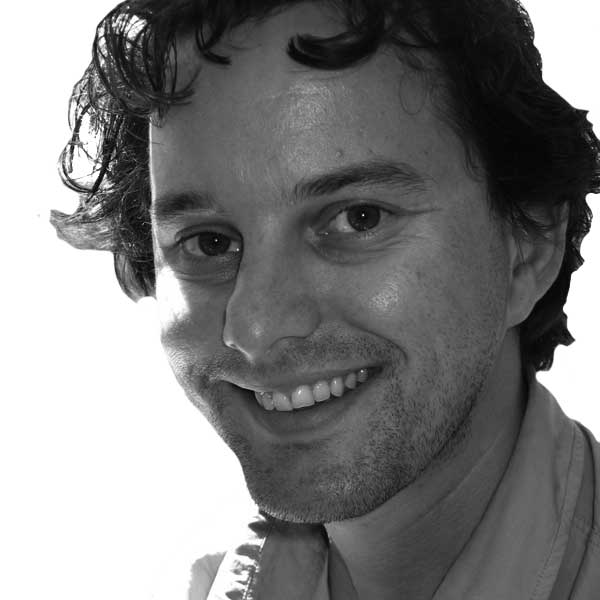
Rowan Hooper
Rowan Hooper has a Ph.D. in evolutionary biology from Sheffield University, UK, and he worked as an insect biologist in Tsukuba, Ibaraki Prefecture, for five years before spending a two-year period at The Japan Times in Tokyo. He is now news editor for New Scientist magazine, based in London.
Jan 1, 2001
Nov 20, 2000
Nov 6, 2000
Sep 28, 2000















